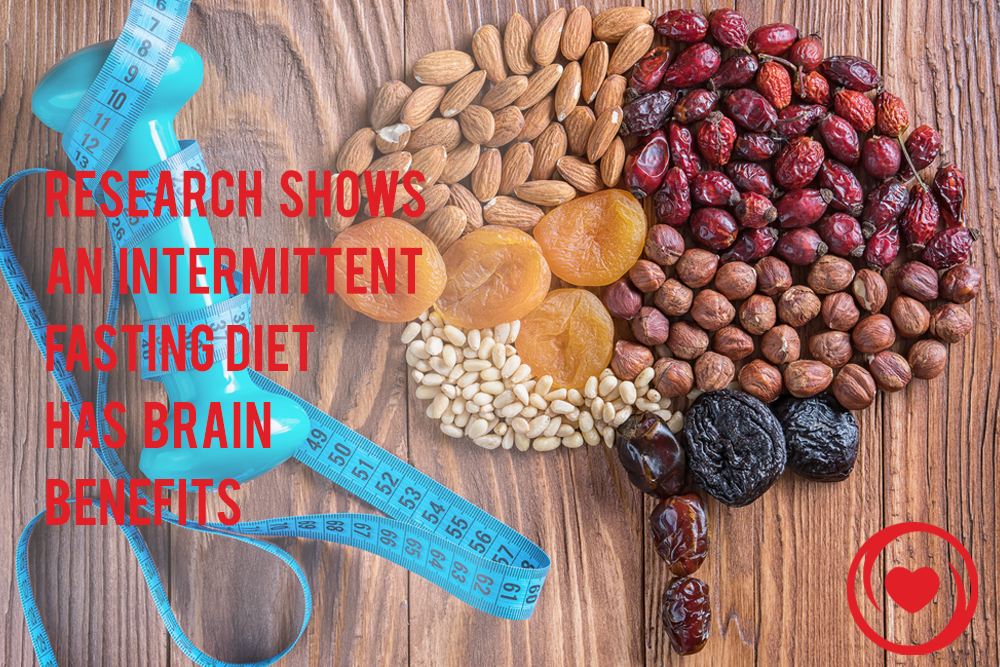There’s a new diet gaining traction in the fitness community. However, researchers in the neuroscience field claim that it serves a higher purpose – keeping your brain fit and staving off such neurodegenerative diseases such as Parkinson’s and Alzheimer’s.
We all know that excessive caloric intake is harmful to our waistline, but as it turns out, it’s bad for our brain as well.
Dr. Mark Mattson, a professor of neuroscience at Johns Hopkins School of Medicine spent years researching the effects of intermittent fasting on the body, particularly the brain.
According to Mattson’s research, abstaining from caloric intake by fasting no more than 2 days a week could help your brain stave off neurodegenerative diseases such as Alzheimer’s and Parkinson’s. He also suggests that fasting supports cognitive functions of the brain like memory and mood.
But why fasting?
Couldn’t we just eat less junk and get the same benefits? No, according to Mattson. In his findings, he explains that when we eat glucose, it’s stored in our livers as glycogen, which takes about 10-12 hours to be depleted. After the glycogen is used up, the body then begins to burn the fat which is converted to ketones bodies. These ketones trigger the release of a molecule called BDNF. BDFN acts as a fortifier between neural connections in the areas of the brain responsible for learning and memory.
How do you do it?
Mattson recommends people try fasting in one of 2 ways. The first is called the 5:2 method, which gained popularity in England after the BBC aired a documentary called Eat Fast and Live Longer. This method calls for limiting your caloric intake to only 500 calories for 2 nonconsecutive days per week while maintaining a healthy diet with a reasonable calorie range the rest of the week.
The other strategy is a time-restricted diet in which you pack all of your meals into one eight-hour period each day so that your body has time to exhaust its supply of glycogen and start burning its fat and produce ketones. Mattson says that animal studies show that time-restricted diets were similar in results to those of intermittent fasting.
Mattson warns that if you chose to go this route, do so slowly. “The analogy with exercise applies here as well. If you’ve been sedentary and then all of a sudden you try to run five miles, it’s not very pleasant, and you’ll likely get discouraged. It’s the same thing as if you’ve been eating three meals a day plus snacks, and then you’re not eating anything at all for two days; you’re not going to like it.”
With so many other options circulating, is the 5:2 diet just another fad?
“I hope it’s not (a fad,)” says Mattson, who is currently working on a study involving obese subjects at risk for cognitive impairment and the effects of intermittent fasting. “There’s a lot of science behind it, and the science is only increasing.”
NurseCore is a national leader in medical staffing and home care services. We are committed to exceeding the expectations of both our clients and employees, we specialize in connecting healthcare professionals, nurses, and caregivers with the medical facilities and home care positions in need of their expertise. NurseCore strives to relevant healthcare news, resources, and industry topics. Explore our blog and “like” us on Facebook!


0 Comments